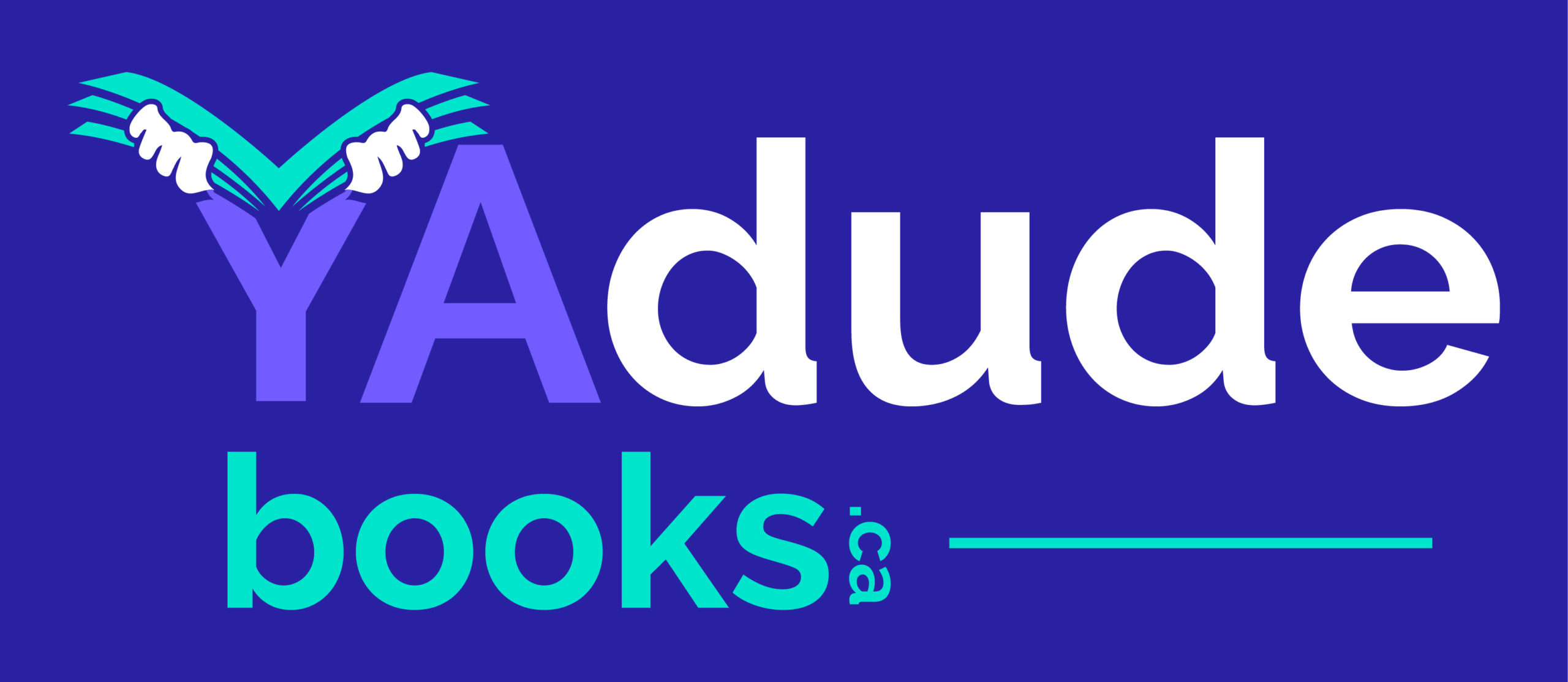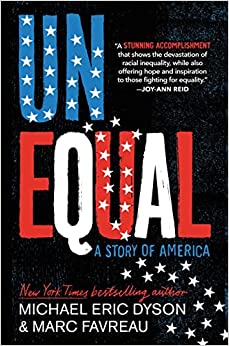The true story of racial inequality—and resistance to it—is the prologue to our present. You can see it in where we live, where we go to school, where we work, in our laws and in our leadership. Unequal presents a gripping account of the struggles that shaped America and the insidiousness of racism, and demonstrates how inequality persists. As readers meet some of the many African American people who dared to fight for a more equal future, they will also discover a framework for addressing racial injustice in their own lives.
This book is banned in Texas. And Florida. And wherever else school boards think kids are too fragile to learn the truth. Are they right?
Slavery ended a long time ago, they say. And Martin Luther King Jr. took care of any racism left over, they say. Let’s move on, they say.
And then they’ll ban this book, and books like it, which tell you the truth: that the effects of slavery, Jim Crow, red-lining, voter suppression, mass incarceration, environmental racism and unconscious biases have created a United States that is, in fact, Unequal.
Don’t let them fool you. Black Americans have never experienced an equal America, and this book highlights many aspects of American life where simply the skin you were born in makes a huge difference. Written by two authors with long experience in this subject, you’ll see racist impacts in many areas of everyday life. The chapters are short, the language is easy to understand, the pace of the book is brisk. They have a lot of ground to cover, and most of that ground isn’t the cotton fields of an 1800s plantation. It’s the street where George Floyd breathed his last. The park where Yusef Salaam was falsely accused of rape. The hospital where Dr. Susan Moore could not get the care she needed. </p>
Plenty of old things built in the 1700s and 1800s still exist today. The U.S. Dollar, for instance, once used to buy and sell human beings. The Constitution, as well. Judges from local courts all the way up to the Supreme Court cite the original intent of the Constitution when upholding or striking down laws all the time, and all the while anti-Black and anti-Indigenous racism is written directly in it. Many of the lawmakers in Congress, who have been working so hard to ban works like Unequal (and the 1619 Project, How to be an Antiracist, Stamped and many others) were born and raised in legally segregated communities in many states. One such lawmaker, who works hard every day to stop young people from examining the lingering effects of slavery, is, no-kidding, named Cotton.</p>
So don’t let them fool you. They’re actually the ones who are afraid. Afraid of what you’ll do when you learn the truth. This book outlines inequality, but it also features heroes in the struggle who have defied the odds and refused to be silent in the face of injustice. Ask, as the authors urge you to ask, what remains to be done in the 400-year struggle for Black freedom in America?</p>
“Why are voting rights still under attack, more than fifty years after the Voting Rights Act?”<br />
“Why are wealth disparities between Black and white families greater than ever?”<br />
“Why does housing segregation persist?”<br />
“Why has America abandoned the goal of equal schools for all children?”<br />
“What are environmental risks concentrated in communities of color?”<br />
“Why do so many tax dollars flow to the police, when the police so often target Black people?”
This book may make you uncomfortable. If you’re Black or a person of color who has experienced racism in America, this book might make you remember your own experiences or those of your loved ones. If you’re white and you’re thinking “this isn’t MY fault,” this book might make you question many of the things you thought you knew, and see your country in a different light. Do not be afraid. You’re stronger than those lawmakers and school boards think you are. </p>
As the authors say: “For many people, the long story of inequality in America has been an open wound, refusing to heal. But for others, this history is a burning question: What can we do to make the future different?”</p>
-Matt Gill


